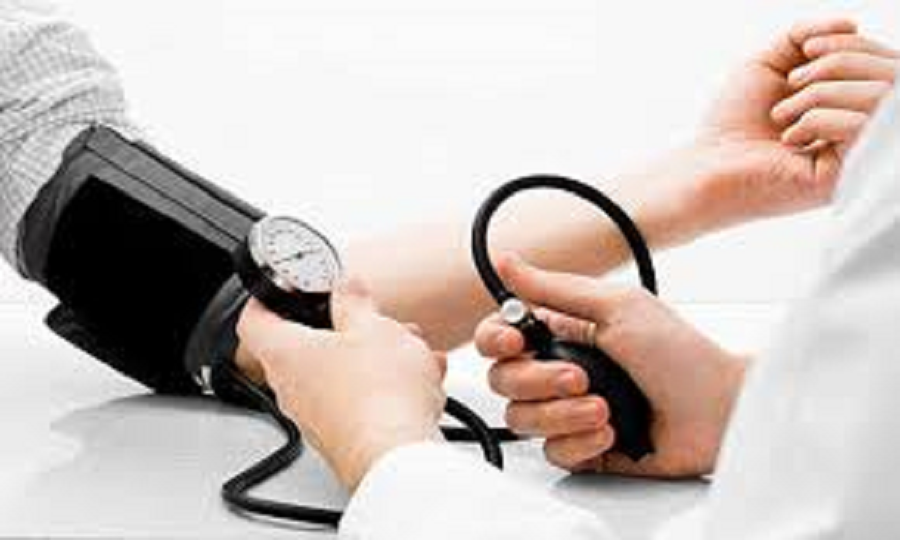Antioxidants and Aging
Free radicals are molecules that can damage healthy cells. They can make you more likely to get certain diseases, like cancer, and speed up aging. Foods rich in antioxidants can help fight those molecules. Colorful vegetables and fruits are packed with them, so aim for five to nine servings of those each day.
Is Your Diet Aging You?
What you put on your plate might affect what you see in the mirror. But a few tweaks to your dining habits can go a long way to keeping your skin youthful and your body healthy. The key approach? Eat better. "Poor-quality foods, like trans fats, cause inflammation -- and aging is basically a chronic inflammatory state," says Timothy Harlan, MD. He's assistant professor of medicine at Tulane University School of Medicine. "Can you look older because you're eating crap? Absolutely." For example, eating too much sugar and processed carbohydrates (like pasta, bread, and baked goods) can lead to damage in your skin's collagen, which keeps your skin springy and resists wrinkles, says Andrea Giancoli, MPH, RD. She's a policy analyst for Beach Cities Health District. What's more, these foods put your overall health on the line. They are tied to diseases like heart disease and diabetes, she says. Other foods, like fruits and vegetables, are good for your skin.
Foods to Limit
Potato chips and french fries. Anything that's deep-fried in oil can add to inflammation throughout your body. Especially avoid trans fats. It can raise your LDL "bad" cholesterol and lower HDL "good" cholesterol, which increases your risk for heart disease. Check food labels on baked goods and crackers, and avoid "partially hydrogenated oils" and "vegetable shortening."
Doughnuts and sugary pastries. They're packed with sugar, which Giancoli says may be linked to the development of wrinkles.
Hot dogs, bacon, and pepperoni. Processed meats are usually high in saturated fats and have nitrates in them. Both of those can lead to inflammation. Fatty meats. These are also high in saturated fats. The key with meat is to keep it lean. Tenderloin cuts tend to be leaner. Look for ground beef that is at least 95% lean. Ground turkey breast and chicken breast are other lean options. Alcohol. Moderate drinking may be good for your heart, but heavy drinking can rev up the aging process. "Moderate" is one drink per day for women (such as a 5-ounce glass of wine or 12-ounce glass of beer) and two drinks for men.
Get enough calcium. Consult your doctor for the proper dosage. You can also get calcium from foods like almonds, broccoli, salmon, kale, and dairy products. Get enough vitamin D. Consult your doctor for the proper dosage. Eating tuna, sardines, eggs, and drinking milk are additional ways to get vitamin D. Daily activity that includes strength training helps keep muscles and bones strong. Avoid smoking and excessive drinking.
Winning at Wellbeing
Good news – studies show that happiness increases as we age! People 50 and older tend to be better at avoiding stress, coping with stress, and dealing with negativity. While happiness is on an upswing later in life, memory loss is often at the forefront of what many older people worry about as they age. Even though new brain cells form well into your 50's and 60's, a certain level of memory loss may still occur as you age. People who exercise regularly, stay social, continue to learn new things, eat a healthy diet, and avoid smoking, are shown to have reduced levels of memory loss.
Keep the Basics on Track
Your eyes, ears, teeth, and skin also need special care as you age. You may experience vision trouble such as light and glare sensitivity and/or decreased focus. Hearing high-frequency noises and distinguishing conversations in crowds can often be a challenge for older people as well. You may also experience dry mouth or receding gum lines. As skin thins from aging, you may bruise more easily, and skin may become drier. Regular check-ups with your doctor are the best way to keep your eyes, ears, teeth, and skin healthy! Aging is a part of life. By following some basic healthy habits, you can enjoy the benefits of being older and still maintain a great quality of life.
Lifestyle Tips for Men Over Age 50
Men over 50 can be just as healthy, fit and active as younger guys. It may take a little more effort, but eating right, exercising regularly and getting your routine health screenings can keep you going
What is a healthy diet for men over age 50 and why is it important?
A healthy diet can help men over age 50 reduce their risk of heart disease, type 2 diabetes, obesity and some types of cancer. Fruits, vegetables, whole grains, and fat-free or low-fat dairy products are healthy choices. Lean meats, poultry, fish, beans, eggs and nuts are good sources of protein, too. For heart health and weight management, it’s important to eat foods that are low in saturated fats, trans fats, cholesterol, salt and added sugars. A registered dietitian is the best source of information about a healthy diet at any age. (See references for other helpful resources.)How much and what type of activity is good for men after age 50?
Physical activity is the best way for men over age 50 to improve their heart health, muscle strength, flexibility and balance. Physical activity helps reduce the risk of some diseases, including dementia. Aerobic or cardio exercise gets the heart pumping and uses large muscle groups. Walking, biking and swimming are all aerobic exercises. Strength training involves using weights to build up muscle. Working out with dumbbells or on weight machines are examples of strength training. Experts recommend both types of exercise. Men who have not been active should consult their doctor before starting an exercise program and select activities they enjoy to increase their chance for success. The Centers for Disease Control and Prevention recommends 150 minutes of moderate intensity aerobic exercise (brisk walking) a week and muscle-strengthening activities on two or more days a week.Does quitting smoking after age 50 make a difference in a man’s health?
It is never too late to quit smoking. As soon as a smoker quits, the body begins to heal the damage caused by smoking. Smokers who quit quickly notice they can breathe easier, have more energy, lose the “smoker’s cough” and have a better sense of taste and smell. For long-term health, quitting smoking lowers the risk of hearth attack, stroke, and high blood pressure — diseases that are more common in men over age 50 than in younger men. Quitting smoking can help men over age 50 feel better, be more active with family and friends and enjoy their second half of life in better health.What health screenings are important for men over age 50?
Screenings are tests that look for diseases in their early stages, before symptoms develop. Which screenings a man should have and how often depend in part on his family health history, personal health history and lifestyle habits. The following list includes some of the most important screenings for men over age 50 but does not include all possible screenings. Men over age 50 should consult a physician about what screenings to have and how often.- Blood pressure
High blood pressure increases the risk of heart attack, stroke, and other diseases. A blood pressure check is an easy, painless, noninvasive screening that can be done in the doctor’s office. According to the American Heart Association, blood pressure should be checked at least once every two years, beginning at age 20.
- Cholesterol High cholesterol increases the risk for heart disease and stroke. A blood test is used to measure cholesterol level. The American Heart Association wants everyone over age 20 who does not have heart disease to have a cholesterol test every four to six years. People with known heart disease or certain other conditions may need to have their cholesterol level checked more often.
- Prostate cancer A simple blood test called the PSA (prostate-specific antigen) test can find early prostate cancer. The U.S. Preventive Services Task Force suggests that all men over age 50 talk to their doctor about having a PSA test and understand the risks and benefits of the test.
- Colon cancer. The American Cancer Society recommends that all men should be screened for colon cancer starting at age 45 until age 75. Several types of screening are available to find polyps in the colon that could develop into colon cancer. Men over age 50 should talk about the different types of colon cancer screening with their doctor.






